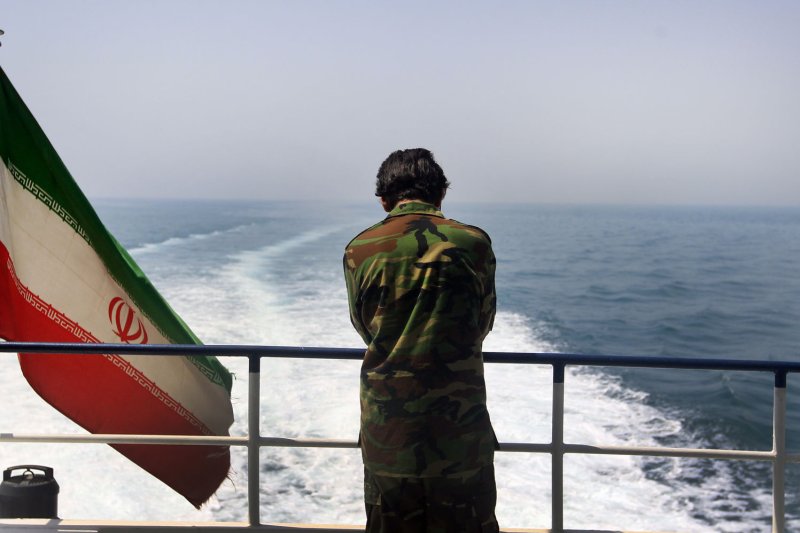Jason Rezaian, who was working a the Tehran correspondent for the Washington Post when he was taken captive in 2014, filed the civil suit in U.S. District Court in Washington, D.C., seeking an undisclosed sum from the Iranian government. Rezaian was born in Iran, but grew up in Marin County, Calif. He returned to Iran as a young adult, and lived there with his Iranian wife, working as a journalist. He holds both U.S. and Iranian citizenship. His wife, Yeganeh Salehi, also a journalist, was taken captive along with Rezaian in 2014, but was released on bail after 71 days. The lawsuit, which is allowed under a hostage provision in the Foreign Sovereign Immunities Act, claims Tehran used Rezaian as leverage during the protracted negotiations between Iran and a U.S.-led coalition last year regarding Tehran's nuclear program.
Rezaian says in the lawsuit that he was psychologically tortured during his time in captivity and is suing for "severe personal injuries and other irreparable harm suffered as a result of Defendants' unlawful acts of terrorism, torture, hostage taking, and other torts." "For nearly eighteen months, Iran held and terrorized Jason for the purpose of gaining negotiating leverage and ultimately exchanging him with the United States for something of value to Iran," it adds. Rezaian was finally released the same day the nuclear deal, which lifted sanctions on Iran in exchange for supervised restrictions on Tehran's nuclear program, was implemented.
The suit also claims that Iran had no legal authority to detain Rezaian since he was fully accredited and registered as a journalist with the Iranian government. "Plaintiffs' nightmare began on July 22, 2014, when armed agents of the Islamic Revolutionary Guard Corps forcefully entered the home of Jason and his wife, Yeganeh Salehi, and held them at gunpoint," it states. "Agents proceeded to ransack their apartment, take them hostage, and transport them in the dead of night to Evin Prison on the outskirts of Tehran -- a notorious facility where hostages and other political prisoners are kept in deplorable conditions, brutally interrogated, and subjected to physical distress, psychological abuse, and in the words of the U.S. Department of State, 'cruel and prolonged torture.'"
The Foreign Sovereign Immunities Act bars civil lawsuits against foreign nations, except in instances of hostage-taking, torture or terrorist acts by nations deemed state sponsors of terror by the U.S. State Department. The lawsuit says Iran fills all three requirements in this case. "For 544 days, Jason suffered such physical mistreatment and severe psychological abuse in Evin Prison that he will never be the same," the suit says. "He will require specialized medical and other treatment for the rest of his life." Neither Rezaian's wife nor The Washington Post are plaintiffs in the lawsuit.
Washington Post reporter sues Iran for 18 months of 'torture' during captivity



